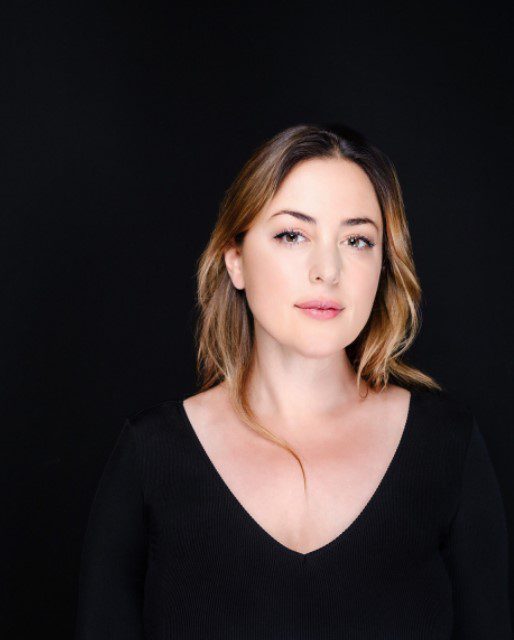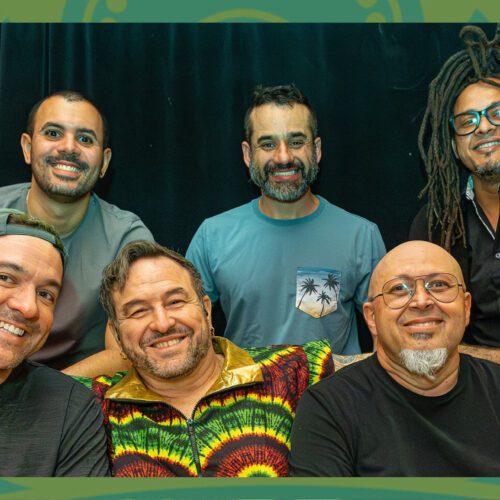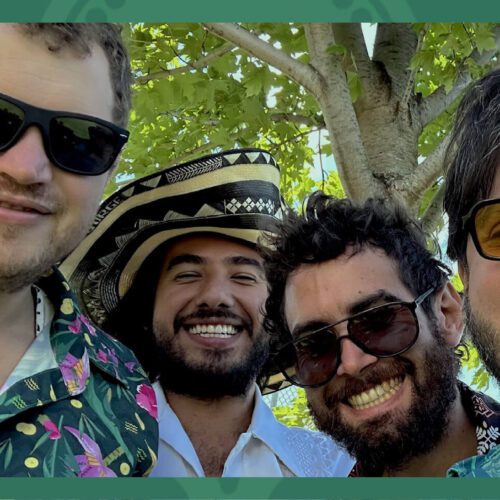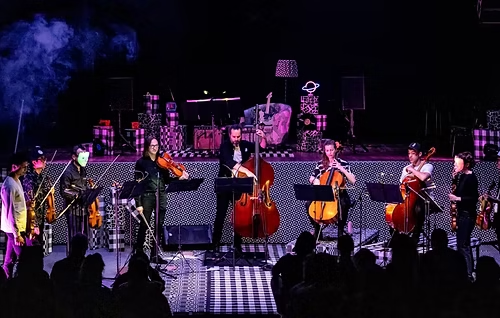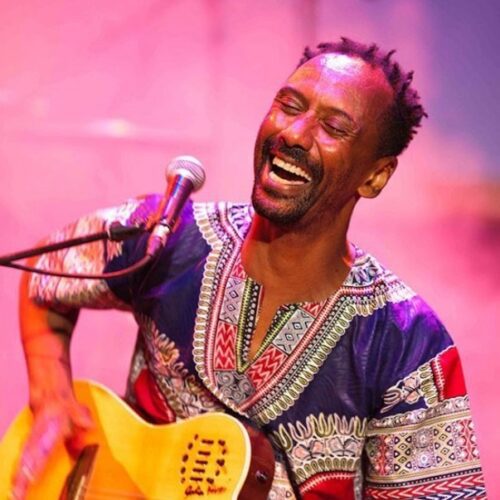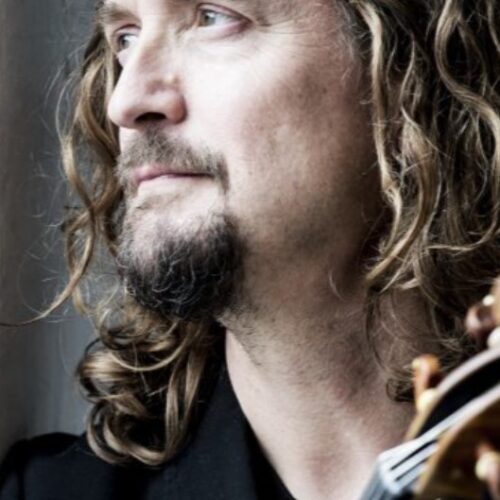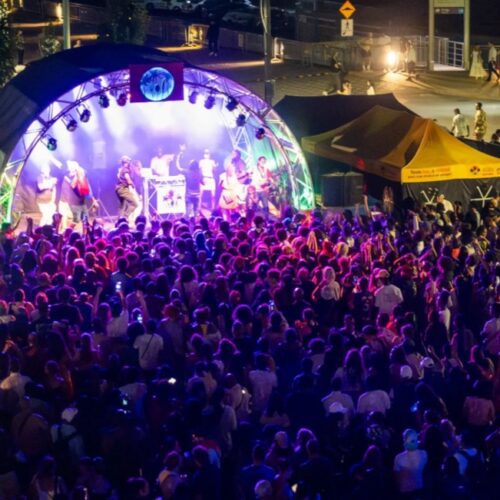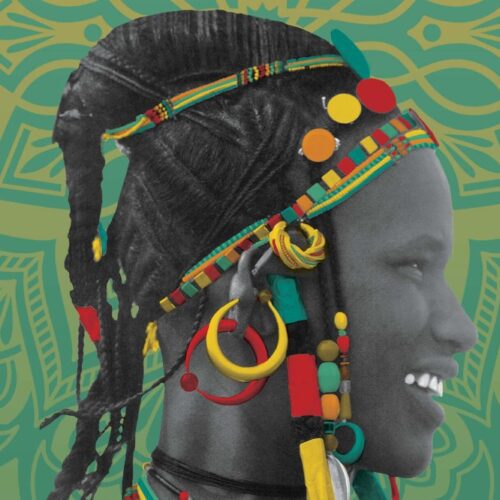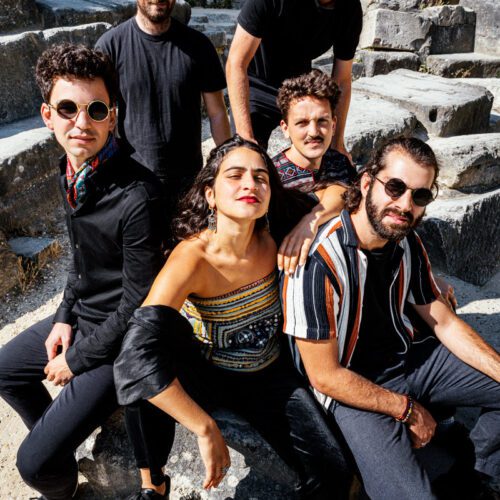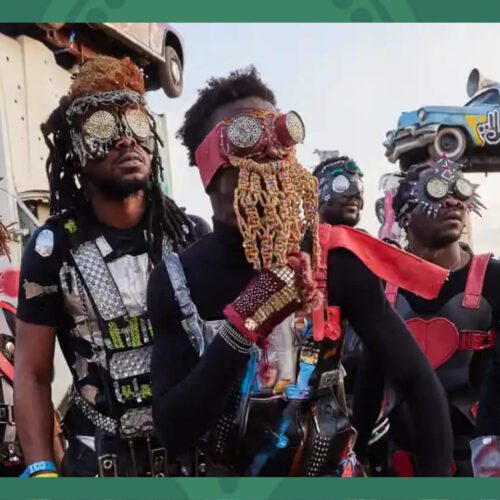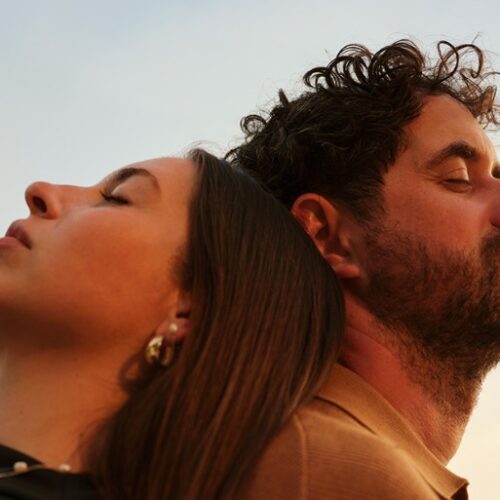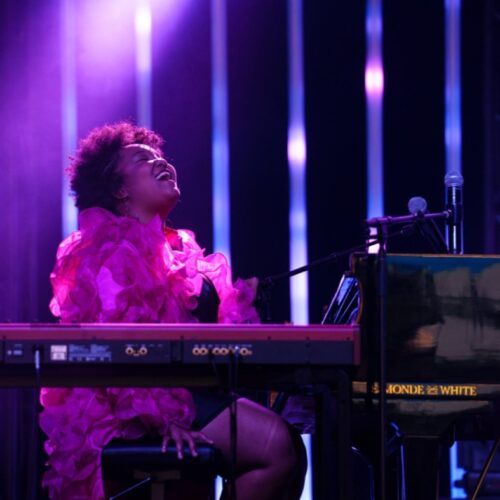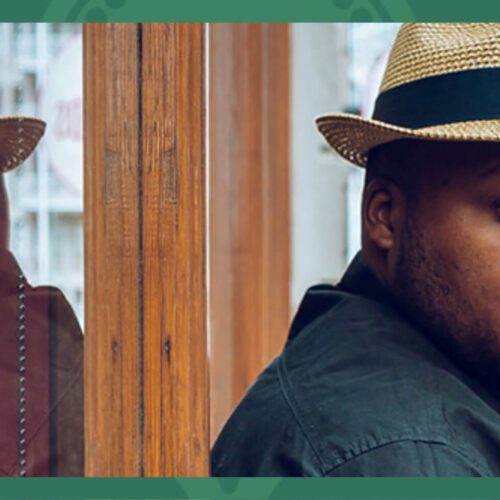Additional Information
Under the theme “La grande vague: Alma et La Mer”, the Orchestre Métropolitain presents on Friday evening (Maison symphonique, 7:30 PM) a work by the Italian composer Paola Prestini, whom PAN M 360 is dedicated to introducing. Conducted by Kensho Watanabe, the OM will perform an early work by Prestini, « Barcarola », followed by Alma Mahler’s « Seven Lieder » and « La Mer, three symphonic sketches » by Claude Debussy.
Considered one of the compositional leaders of her generation on the global new music scene, Paola Prestini is also a leading activist and organizer.
A graduate of the prestigious Juilliard School of Music, she studied with Samuel Adler, Robert Beaser and Sir Peter Maxwell Davies. Most recently, she was named one of Musical America’s “30 Innovators.
Throughout her career, Paola Prestini has traversed musical genres and eras of repertoire. Open to multidisciplinarity, she has collaborated with writers, filmmakers, and scientists in the context of world-class multimedia works.
She was the first woman to participate in Minnesota Opera’s New Works Initiative with Edward Tulane. Her upcoming chamber opera Sensorium Ex, commissioned by Atlanta Opera and Beth Morrison Projects for the Prototype Festival, explores the intersection of artificial intelligence and disability, using non-verbal or atypical speech patterns to explore the fundamental questions of what it means to have a voice, and what it means to be fully and essentially human.
As part of her commitment to equity for the next generation of artists, she created the Hildegard Commission for emerging female, transgender, and non-binary composers, as well as the Blueprint Fellowship for emerging composers and female mentors at The Juilliard School.
A native of Italy, she is the co-founder and artistic director of the Brooklyn-based arts institution and incubator National Sawdust.
As for the work on the program, here’s her own explanation from the program for Friday night’s 7:30 p.m. performance at the Symphony House
“The work, which lasts about fifteen minutes, unfolds like a wave in the rhythmic sway of the Venetian barcarole form. It is inspired by the poem Barcarole, by Pablo Neruda, who compares desire to the ocean and its storms. The poem makes the sounds of the wind and the foghorn sound like a beating heart, and the impression is spectral and sensual. The poem plays with structural shifts, and then, having reached the highest peak of desire, it concludes with a simple heartbeat.”
And since the appetizer is going well, let’s talk directly to Paola Prestini!
PAN M 360 : What have you mainly developed sonically, as a contemporary composer?
PAOLA PRESTINI : I’ve developed a strong love of multimedia creation which extends from operatic works, to works that have blurred boundaries and helped create dialogue among often unrelated fields. From a cantata that fused the Hubble Telescope images with VR, to a music documentary that explored the history of the Colorado River with a conservationist, to my current work at the intersection of opera, community practice and disability activism, all my work is an iniquiry for me into worlds I yearn to discover and learn from.
PAN M 360 : What is your relation with the different periods of classical music since ancient music?
PAOLA PRESTINI : I love renaissance music and medieval chants, I actually taught 16th century counterpoint at Juilliard while doing my Masters, so often this somehow appears in the direct nature of my vocal writing, I believe.
PAN M 360 : Some people tend to think there is an interesting link betwwen ancient/Renaissance/baroque music and contemporary music… are you one of them? If yes, how would you elaborate on this observation?
PAOLA PRESTINI : I think this can be true especially as operatic work today is told more in chamber music settings, often in site specific settings. As far as the vocal writing itself, it’s a hard assessment because contemporary styles are so vast today. In my own music I see the influence because I PANstudied ancient/renaissance music deeply. So the connections in lyricism, counterpoint, and clarity are there. I also think there’s a connection in neume notation and design to score notation now. It’s a fascinating connection to continue examining…
PAN M 360 : Were some composers a crucial influence on your work – if this question is relevant for you?
PAOLA PRESTINI : It is relevant! I’m passionate of the music and writings of John Cage: his Sonatas and Interludes and musings on Silence. The music of Palestrina and Victoria are essential, and the music of Crumb, Meredith Monk, John Zorn, and composers who are my contemporaries, like Tanya Tagaq…and folk music of Italy and Mexico from the past and present has played a huge role in my musical diet.
PAN M 360 : How do you deal with sacred music and how do you inject it in your actual vocal work?
PAOLA PRESTINI : I recently wrote for an extraordinary group from Leipzig called Sjaella and I would say that their background in sacred music and facility with complex lines, and their special blend when their voices come together was a huge inspiration in the works I wrote for them. From a new work called Tryptich of our Time to a womens view on brotherhood called Fratres after Palestrinas Fratres Ego enim accepi, sacred music provides a base I love to extrapolate from.
PAN M 360 : Barcarolla has been composed in the 90’s, when you were emerging as a composer. Can you explain the inspiration of this piece, the way it has been designed, and what remains in your craft from this period of sonic creation? What do you expect from Orchestre Métropolitain, maestro Watanabe and other participants?
PAOLA PRESTINI : I’m so excited to work with the Orchestre Metropolitain and Maeastro Watanabe to shape this work. When you’re a student it can be hard to ask questions because often you’re afraid of what you don’t know. So in shaping the work, Maestro and I have already asked questions on dynamics, articulation, and structural pacing that I think will help the arc of the piece in a clearer way. As for what I’ve taken with me, I still hear the dense harmnonies punctuated by dissonance, the melodic clarity, the passion, and to this day I am moved daily by poetry. The sounds in the poem influenced the way I wanted to convey color while painting the sounds of an ocean, and though my language has evolved, there is a clarity in intention to this piece that makes it still relevant in my catalogue of work.
PAN M 360 : How would you tell us the way your approach has changed since?
PAOLA PRESTINI : I would say that my deepened sense of rhythm, structure and overall facility with technology is a direction that has influenced my work. I also have had more opportunities to write for the voice, so it’s exciting to return to this form which is so seminal for all composers.
PAN M 360 : Over the years, what are for you the main steps of your creative work ?
PAOLA PRESTINI : I tend to love coming up with a theme and creating sketches of work that help me explore: a type of R&D process of you will! During this time I like to work with musicians to stretch my knowledge and play so that that creative exchange shows up in the work. I’m definitely a collaborator and feel that my music and work is deepened in collaborative exchange.
PAN M 360 : Living in Brooklyn, you are co-founder and artistic director of the Brooklyn-based arts institution and incubator National Sawdust. Are you still involved with this organisation? Wha activism means for you?
PAOLA PRESTINI : I’m the cofounder and artistic director at National Sawdust, so I’m involved at a macro level of planning and artistic structure. I also love to be involved in the mentoring programs I’ve started as this type of work is my kind of activism. We focus on women and non-binary artists in commission based programs that mean the world to me. But the space is run by an amazing team of commuted administrators. I feel lucky to have helped create a space for new music in my hometown.
PAN M 360 : What about your Italian identity in New York? You are often presented as an Italian American, so?
PAOLA PRESTINI : I was born in Italy and my Italian identity means a lot to me. From the culture to language to family to food! I recently came back from a stay in Rome as a resident at the American Academy of Rome and it was an incredible experience. To be able to live in Rome and be influenced by the lifestyle and people was a great gift and makes me even more grateful for my heritage. But like all Americans, I am a mix of many cultures. My time on the Arizona/Mexico border also influenced me greatly, as has the twenty+ years I’ve been in the city. It’s all part of me. It helps me see more clearly.
PHOTO credit : Caroline Tompkins.
